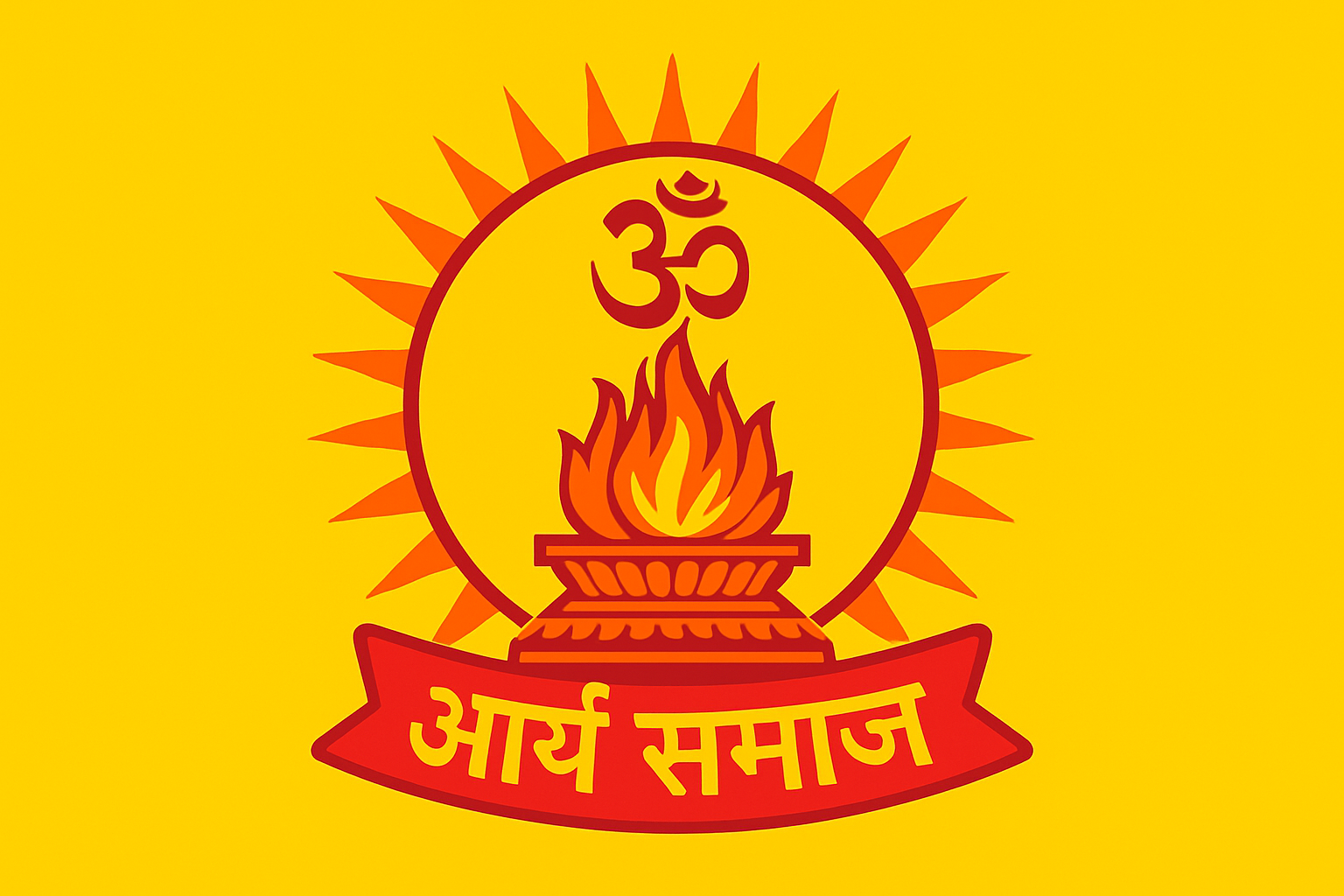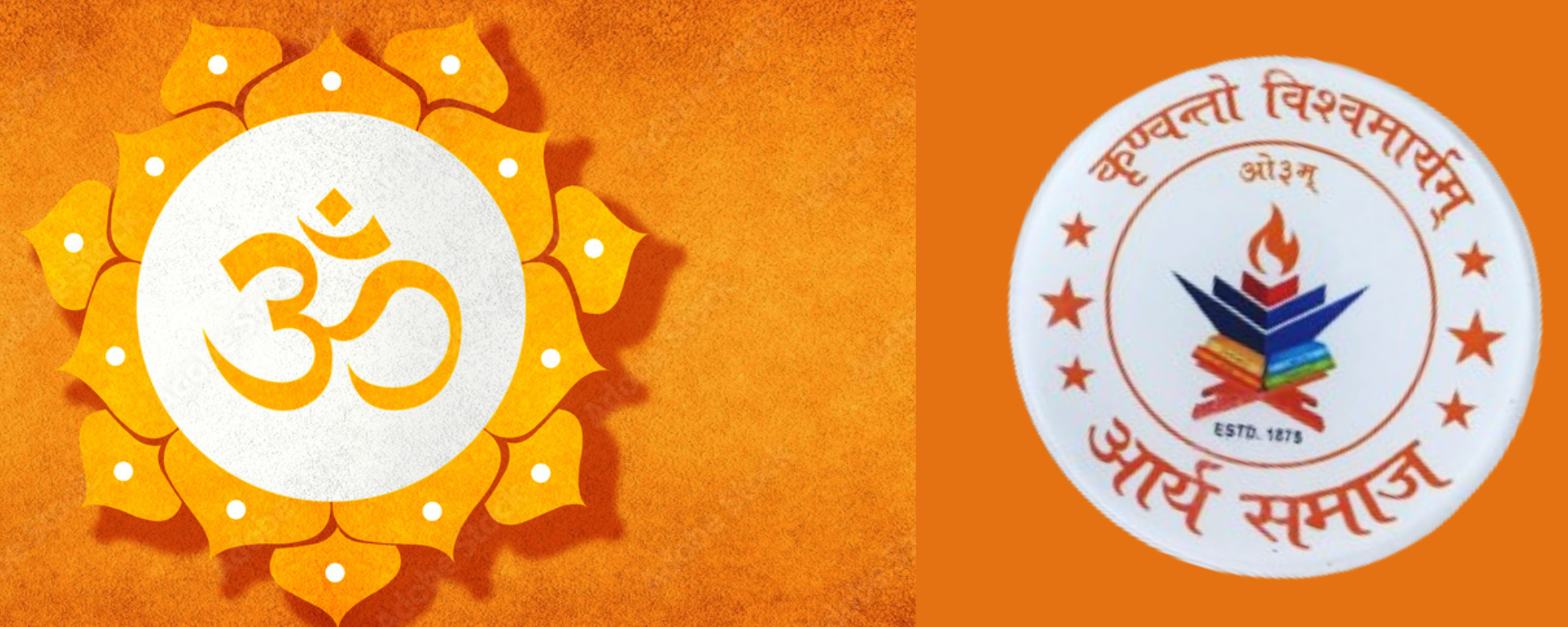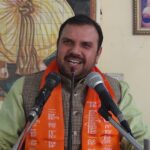Arya Samaj is a prominent Hindu reform movement founded in 1875 by Swami Dayanand Saraswati. Its core philosophy revolves around the infallibility of the Vedas as the supreme authority. The movement actively opposed idolatry, caste discrimination, and other social evils prevalent at the time, championing education, women’s rights, and social equality. Arya Samaj played a pivotal role in India’s social and religious renaissance, inspiring countless individuals to embrace a rational and Vedic-centered way of life. It continues to be a significant force in contemporary Hinduism, advocating for the preservation of Vedic traditions while adapting to modern challenges.

Arya Samaj has been instrumental in promoting education and women’s empowerment, advocating for equal rights and opportunities for all. The movement established educational institutions and encouraged widows to remarry, challenging societal norms and uplifting marginalized communities.
With its emphasis on social reforms, Arya Samaj played a crucial role in India’s freedom struggle. Its members actively participated in the nationalist movement, inspiring people to unite against colonial oppression. The Arya Samaj’s unwavering commitment to the upliftment of the Hindu society has left an enduring legacy, shaping the nation’s cultural and social fabric.
Arya Samaj was founded on 10 fundamental principles
-
- God as the Source: God is the efficient cause of all true knowledge.
-
- God’s Nature: God is infinite in existence, intelligence, and bliss.
-
- The Vedas: The Vedas are the source of all true knowledge.
-
- Truth & Untruth: Always accept truth and renounce falsehood.
-
- Equality: All human beings are equal, rejecting discriminations.
-
- Arya Samaj’s Goal: Promote physical, spiritual, and social good for all.
-
- Conduct: Act with love, righteousness, and justice.
-
- Promote Knowledge: Eliminate ignorance and spread knowledge.
-
- Serve Others: Seek welfare in promoting the good of all.
-
- Social Rules: Follow societal rules for collective well-being; allow individual freedom.
Pandit Brahm Dev Vedalankar Ji is a revered Arya Samaj scholar known for his deep Vedic knowledge and dedication to promoting the teachings of Maharishi Dayanand Saraswati. His profound wisdom, inspiring discourses, and commitment to truth and equality have made him a guiding light for many, fostering spiritual growth and social harmony.
- Pandit Brahmdev Vedalnkarhttps://panditbrahmdevvedalankar.com/author/panditji/
- Pandit Brahmdev Vedalnkarhttps://panditbrahmdevvedalankar.com/author/panditji/
- Pandit Brahmdev Vedalnkarhttps://panditbrahmdevvedalankar.com/author/panditji/
- Pandit Brahmdev Vedalnkarhttps://panditbrahmdevvedalankar.com/author/panditji/


